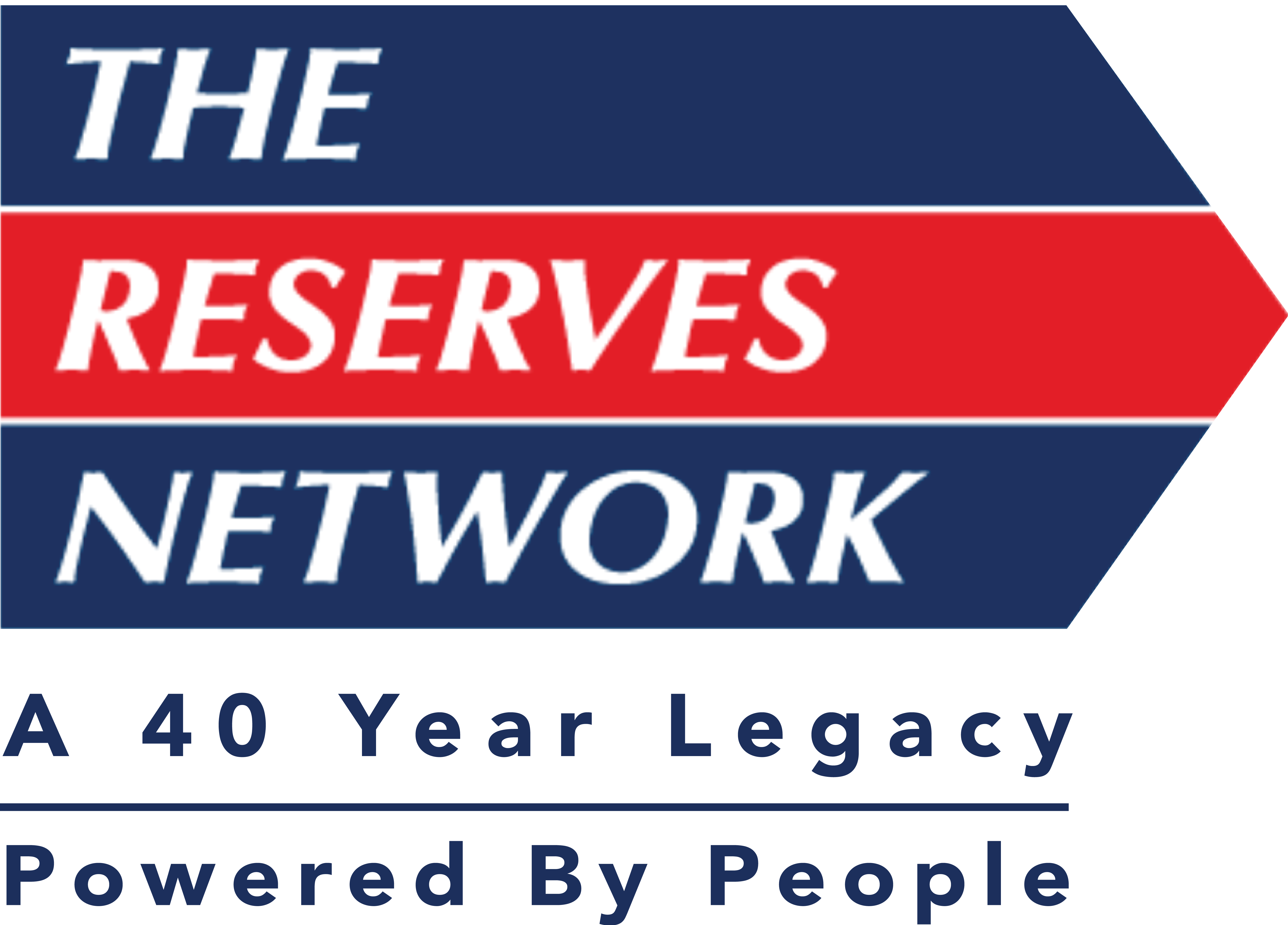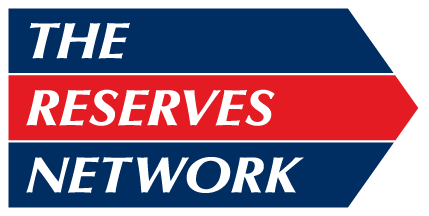What is the Loneliness Epidemic and is It Affecting Your Workplace?
Thanks to technology, people have never been more “connected” than they are today, but despite our ability to reach out to anyone, at any time, personal interactions are on the decline and loneliness is on the rise. Though we work next to people all day long, many Americans are noticing loneliness creep into their work lives. Nearly 40 percent of all Americans report that they feel lonely, a rate nearly double that of the 1980s. People who feel lonely are often depressed, which can lead to disengagement at work, causing their productivity to suffer. Is loneliness negatively impacting your workplace?
The “Olden” Days
Before the cloud and mobile connectivity, work had to happen at work. And while you were at work, you interacted with your coworkers. You dropped actual paper files into a physical inbox when turning work over to someone else. While at their desk, you likely chit-chatted for a minute and socialized around a water cooler. When it was time for lunch, people physically left the building for 30 or 60 minutes and after-work happy hours were the norm. Socializing was built into the workplace.
Today’s Lonely Workplace
Today, work-from-home is an option that many people have in their jobs. Some folks come into the office just a few days or hours a week. While in the office, it’s not uncommon to see people typing away at a keyboard with earbuds in, and interacting with coworkers is often reduced to instant messaging. Meetings are held via video chat, lunch “breaks” involve eating at your desk and work happy hours seem like more of an inconvenience than a chance to bond. Today, workplace relationships are going the way of the typewriter, and isolation is growing.
Why Loneliness Matters at Work
At first thought, it might seem like it’s better for coworkers to have less interaction – it means they are working harder, right? Not necessarily. Disengaged employees are less productive than engaged employees and according to Gallup study, 30% of people who have a work “best friend” were seven times more likely to feel engaged at their jobs than those who do not. It turns out, the social aspect of work improves morale, engagement and productivity.
However, it is impossible to regress and create the workplace of the past. Mobility is the norm and people are becoming used to interacting more through text messages than face-to-face. Employers can try to combat this epidemic through team building activities, team lunches and happy hours. The key is to look for ways to bring people together without causing inconvenience and finding the unique balance that works for your staff.
Get Support for Your Employees by Contacting The Reserves Network
If you are looking for tips on improving employee engagement and productivity, contact the staffing experts at The Reserves Network today.




